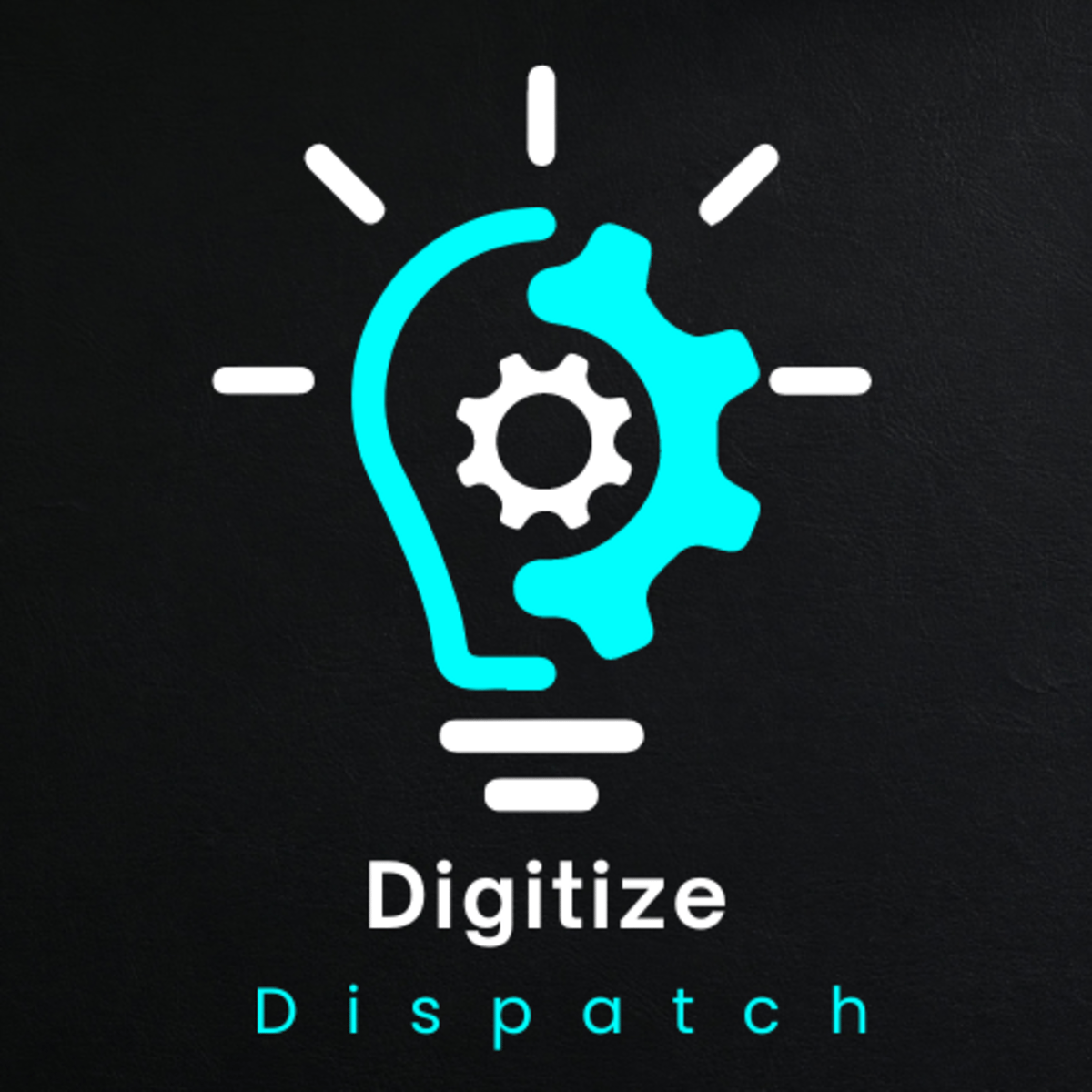
🔎 The Latest on the AI Frontier:
OpenAI's Asian Push: SoftBank and Kakao Deals Signal Major Expansion
OpenAI Eyes Hardware: New Trademark Covers Robots and Devices
Meta's AI Safety Shift: Risk Framework Replaces Open Development
DeepSeek Security Breach: Critical Flaws Trigger Military Bans
Beatles' AI Grammy: "Now and Then" Makes Award History
AI Economics: Jevons Paradox Suggests Job Growth, Not Loss
Other news you might find interesting
🤝 OpenAI establishes strategic alliances in Asia with Kakao and SoftBank, investing heavily in regional expansion
SoftBank commits $3 billion annually to implement OpenAI solutions across its group companies and forms "SB OpenAI Japan" joint venture to serve Japanese enterprises.
Kakao partnership includes development of Korean language assistant Kanana, integration into KakaoTalk messaging app, and adoption of ChatGPT Enterprise for internal use.
Both partnerships aim to enhance OpenAI's language capabilities in Asian markets, as competitor DeepSeek gains traction in English-language AI space, with SoftBank reportedly considering up to $40 billion investment in OpenAI at $300 billion valuation.
🛠️ OpenAI expands beyond software with trademark filing for hardware and robotics
Company files trademark application covering diverse product lines including AI chips, robots, smartwatches, AR/VR headsets, though CEO Altman notes consumer hardware development could take years.
News coincides with $3B annual SoftBank partnership for Japanese enterprise AI solutions and potential $40B funding round led by SoftBank.
OpenAI launches "deep research" tool powered by o3 model, promising to compress hours of research into minutes through web browsing and data analysis capabilities.
🛡️ Meta introduces strict AI risk assessment framework, signals shift in development approach
Framework classifies AI risks into three tiers, with highest-risk models being halted and restricted to limited expert access, particularly for AI that could enable cyber attacks or biological weapons.
Meta adopts qualitative expert-based evaluation over quantitative metrics, acknowledging the early stage of AI evaluation technology and need for practical risk assessment.
Strategy marks departure from Meta's previous "open development" approach, addressing safety concerns after reports of Llama model being used maliciously with hundreds of millions of downloads.
🚨 Cisco reveals critical security flaws in DeepSeek's R1 AI model amid rising popularity
Model shows 100% vulnerability to malicious prompts and algorithmic jailbreaking, while database leak exposed over 1M records including user data and API tokens.
Security concerns prompt U.S. Navy and Italy to ban DeepSeek usage, despite model's cost-effective development and performance comparable to leading AI platforms.
Companies like Perplexity AI and Grok integrate DeepSeek while implementing U.S.-based data storage to address privacy concerns.
🎵 The Beatles win historic Grammy for "Now and Then," marking first AI-assisted song to receive nomination and win
Track won Best Rock Performance by leveraging machine learning to clean up John Lennon's 1970s demo recording, enabling separation of vocals and piano from original lo-fi tape.
Paul McCartney clarified that AI was used only for audio restoration, not synthetic creation, with all musical elements performed by band members.
Project completed in 2021 with help from Peter Jackson's sound team, finally realizing the band's 1990s vision for The Beatles Anthology project.
📊 Economists revisit 160-year-old Jevons paradox to understand AI's impact on jobs and markets
Microsoft CEO cites Jevons paradox to reassure investors about DeepSeek's low-cost AI, suggesting cheaper AI will increase overall demand and market size rather than hurt profits.
Stanford economist suggests some AI-enhanced jobs could follow pilot example: when jets made pilots more productive, air travel increased and created more pilot jobs rather than reducing them.
Theory's application requires three conditions: AI must boost worker productivity, lead to lower prices, and spark explosive consumer demand - though historical examples like farming show this won't work for all industries.
🖨 More news you might find interesting:
Microsoft grants all Copilot users free access to OpenAI's premium o1 model through "Think Deeper" feature.
Deloitte projects semiconductor sales to hit $697B in 2025, driven by AI demand despite geopolitical risks.
Applied Digital and Nvidia partner to build next-gen AI data centers with focus on power efficiency.
Trump administration appoints Musk ally to lead AI transformation of federal agencies via DOGE initiative.
Non-English AI models perform 10-100x worse than English counterparts due to smaller training datasets.
Half of office workers use unauthorized AI tools at work, citing productivity gains and flexibility.
AI experts warn about potential consciousness and suffering in future systems.
xAI aims to build Memphis' first greywater plant near data center to reduce reliance on Memphis Aquifer through wastewater recycling.
Google reveals state-backed hackers exploiting Gemini AI for cyber operations.
Amazon enhances QuickSight with AI assistant to democratize data analytics.
What did you think of today's newsletter?
Have any feedback? Send us an email

